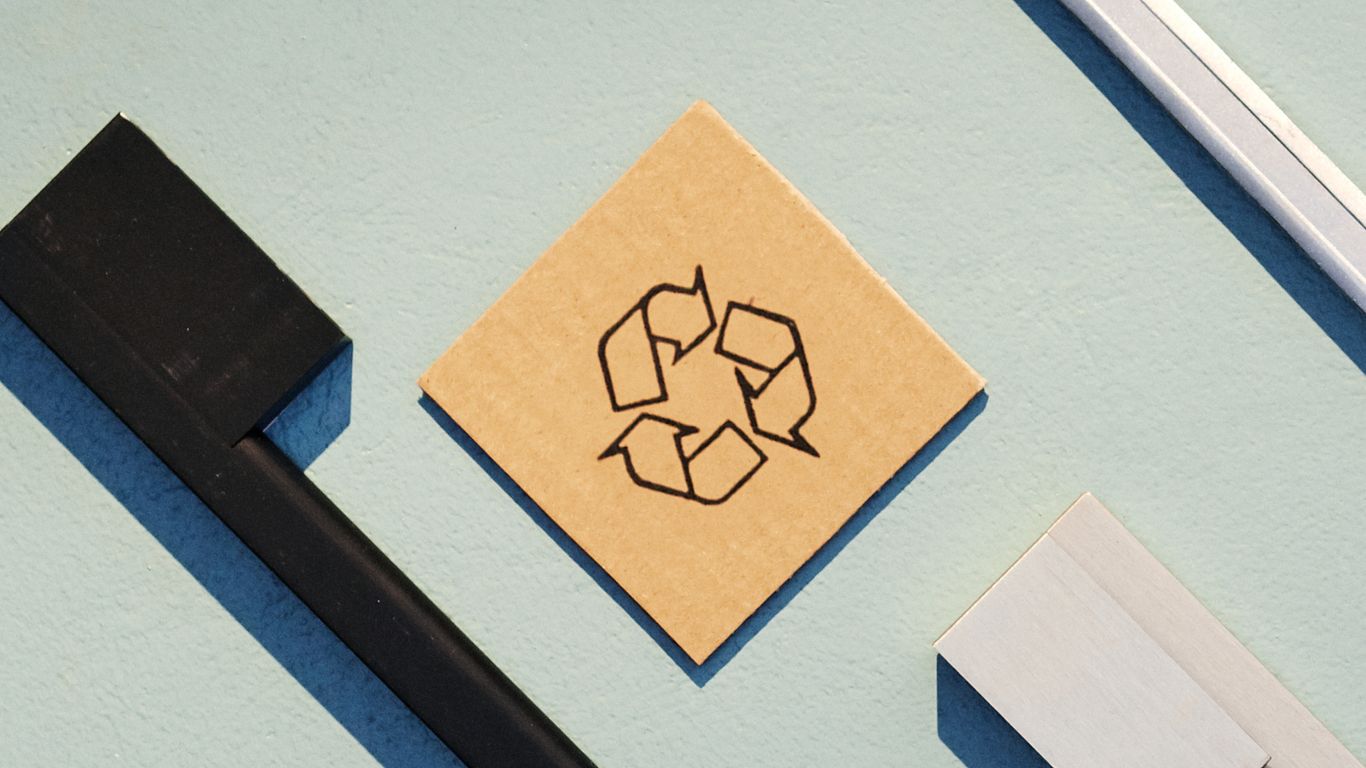Our promise
We will contribute to the circular economy by integrating recycled materials into our product platforms, promoting recyclability, using more sustainable packaging solutions, increasing the availability of spare parts to repair our products, and developing circular business solutions.
Read more about our progress on this Promise
Roadmap 2020 to 2030
- Where possible, replace virgin materials with recycled materials in our products.
- Increase the share of recycled plastic to 50%.
- Increase the amount of scrap-based steel in our production.
- Identify and evaluate relevant circular business models that can be scaled up.
The case for action
Population growth and raw materials
As the global middle class is expected to almost double in size by 2030 1), the demand for material resources will increase together with the demand for goods and services. For Electrolux, this means we can expect the price of materials such as steel, plastic and electronic components to become more volatile.
At the same time, many industries are based on virgin materials that are non-renewable and fossil-based. For example, more than 400 million metric tons of plastic are produced globally each year and only about 12% comes from recycled materials.2) Pollution from non-degradable plastic is also a serious issue as it can leach into the environment.
However, there are opportunities to source materials with recycled content, and even bio-based materials from renewable sources.
The need for a circular economy
There is an urgent need to reduce the pressure on raw material resources and the environmental impacts associated with their extraction. One way to do this is to move toward systems that are more circular and ensure the maximum value from resources by recovering and reusing materials at the end of each service life.
According to the 2020 Circularity Gap Report by Circle Economy, only 8.6% of the resources used globally are cycled back into the economy after use, which is even lower than the year before. The report stresses the need for a circular economy that makes better use of resources to prevent further and accelerated environmental degradation and social inequality.
Consumers are increasingly demanding more circular products and solutions. This includes everything from recycled materials incorporated into our products and more sustainable packaging, to solutions that enable them to extend the lifespan of their products.
Greenhouse gas emissions
Virgin materials cause considerable greenhouse gas emissions through their extraction and manufacture. For example, the emissions from the production of plastic in our products are approximately equivalent to the emissions from our operations and transport activities combined.
Recycled materials on the other hand can have substantially lower greenhouse gas emissions. This means that increasing the amount of high-quality recycled materials in our products can make an important contribution to combating climate change. Steel is the largest material we use by volume and is an even greater source of CO2 emissions than plastic. By sourcing scrap-based steel, we can make a significant reduction in our CO2 footprint from materials.
Emissions can also be reduced by extending the useful lifetime of our products. This can be achieved through promoting more circular business models or providing aftermarket services that ultimately make better use of resources.
Our approach
This Promise involves working with multiple topics that contribute to our capacity to be able to offer more circular products and business solutions:
- Overall material choices - we will choose more sustainable materials that are based on recycled or renewable raw materials and can more easily be recycled.
- Recycled material - we will continue to replace virgin steel and plastics with recycled materials in our products.
- Spare parts & service, durability and refurbishment - we will broaden our offering of spare parts and servicing, to enable our products to be more easily repaired and extend their useful lifespan.
- New business models - we will continue to develop innovative business models that promote circularity by making better use of resources.
- Sustainable packaging - we will continue to develop solutions to replace non-recyclable packaging with recycled and renewable alternatives, and which are also recyclable.
- Product take back - we will work to find ways to improve product recycling with a special focus on regions where there is no legally mandated product take back.
- Design for repair & recycling - we will design products that can be more easily repaired and recycled.
Challenges
- Securing consistent, traceable, safe and high-quality recycled raw materials in sufficient volumes.
- Ensuring recycled materials are incorporated into new product platforms.
- Optimizing product lifetime in a way that benefits the consumer, Electrolux and the environment.
- Finding more sustainable packaging materials that protect products.
Overcoming these challenges requires strategic partnerships with partners throughout the value chain. Partnerships are also sometimes required to create circular business models that create common value for Electrolux and its partners.
